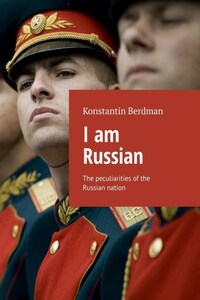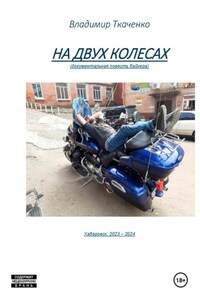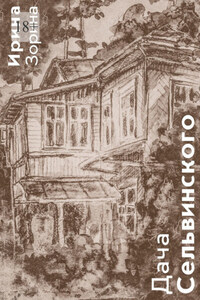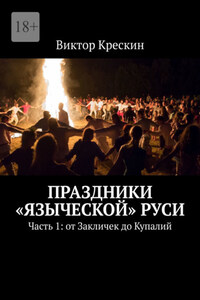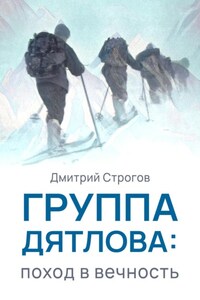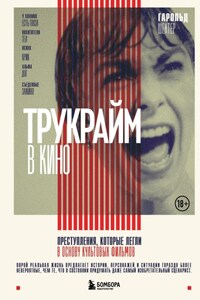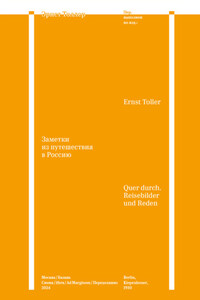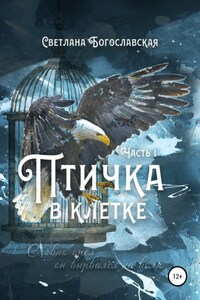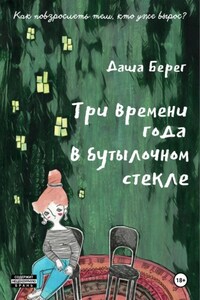The peculiarities of the Russian nation
The Russian nation is a multifaceted phenomenon in which historical roots, cultural traditions, linguistic features and socio-economic realities are intertwined. To understand its identity and uniqueness, it is necessary to immerse yourself in the various aspects that shape the Russian nation and realize how they affect modern society.
Language as the basis of identity
Language is not just a means of communication; it is the foundation of national identity. The Russian language, with its rich history and variety of dialects, reflects the culture and mentality of the people. It serves as a link between generations, passing on traditions, folklore and worldview.
Vocabulary and phraseology
The Russian language is rich in unique expressions and phrases that convey cultural characteristics and worldview. For example, words related to nature reflect the proximity of Russian people to the earth and the world around them. In addition, many phraseological units have a deep historical context, which may be unclear to people who are not familiar with Russian culture.
Dialects and local features
The variety of dialects in different regions of Russia also highlights the uniqueness of the Russian nation. Each region has its own specific words and expressions, which indicates the diversity of cultural traditions and customs.
Culture and traditions
Russian culture is a synthesis of various influences, including Slavic, Finno – Ugric, Turkic and Western European traditions. It is unique in its expression and diversity, making it one of the richest cultures in the world.
Art and literature
Russian literature occupies a special place in world culture. The works of such authors as Leo Tolstoy, Fyodor Dostoevsky and Anton Chekhov deeply touch on human feelings and philosophical issues, exploring the nature of man and his place in the world. Art, including painting and music, also reflects the versatility of the Russian soul and the desire for self-expression.
Holidays and customs
Traditional holidays such as Maslenitsa, Easter and New Year play an important role in the lives of Russian people. These events not only preserve cultural traditions, but also strengthen family ties and community ties. The customs associated with these holidays often have deep roots and symbols reflecting the philosophy of life of the Russian people.
Psychology and mentality
The Russian nation has its own unique mentality, which was formed under the influence of various historical and cultural factors. This mentality includes traits such as collectivism, resilience, and the ability to adapt to change.
Collectivism
Collectivism is one of the key characteristics of Russian psychology. Russian people often put the interests of family, friends and community above their personal ones. This manifests itself in helping others, mutual support and willingness to help in difficult times.
Resilience and tolerance
Historical trials, such as wars and economic crises, have shaped Russian people’s resilience and tolerance. This ability to cope with difficulties and remain optimistic in difficult situations is an important part of Russian identity.
The impact of history on modern society
The history of Russia has had a profound impact on the formation of modern society. Events such as Peter’s reforms, the 1917 Revolution and the collapse of the Soviet Union left an indelible mark on the minds of the people and determined their future path.
Political changes
Modern Russia continues to experience the influence of its history on political life. Political processes and social movements that have arisen against the background of historical events shape public opinion and contribute to the development of civil society.
Socio-economic transformations
The economic changes that occurred after the collapse of the USSR also had a significant impact on the lives of Russians. The transition to a market economy, changes in social status and living standards lead to new challenges and opportunities for the population.
Studying the peculiarities of the Russian nation is the key to understanding its uniqueness and versatility. Language, culture, traditions, psychology and history – all these elements are intertwined, creating a unique identity that continues to develop in modern conditions. Understanding these aspects helps to better understand how the Russian nation is being formed, and how it responds to the challenges of the time, while preserving its traditions and values.
